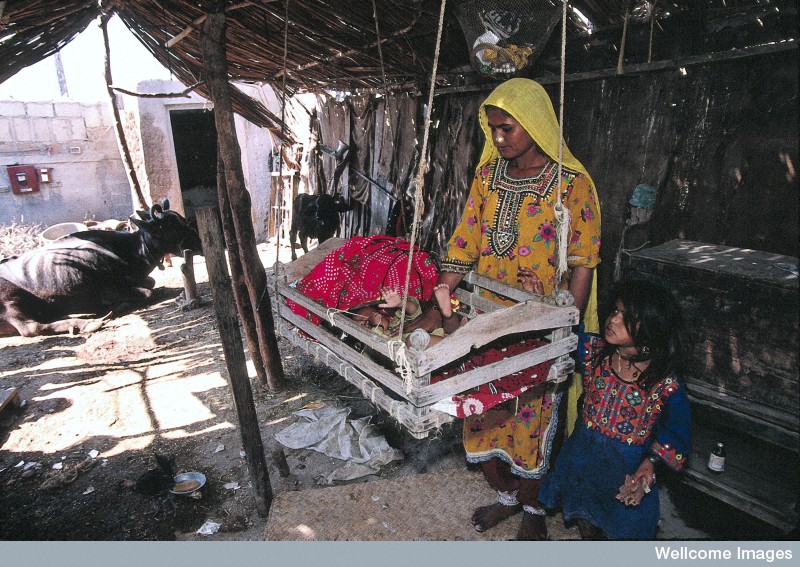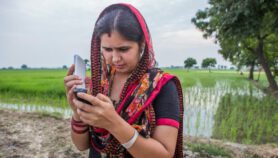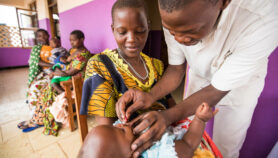Send to a friend
The details you provide on this page will not be used to send unsolicited email, and will not be sold to a 3rd party. See privacy policy.
[PARIS] A 'data revolution' must underpin the new set of global development goals to help monitor their progress and ensure the world's poorest get the support they need, according to a report by a UN panel of eminent people, headed by the UK prime minister and the presidents of Indonesia and Liberia.
Integrating technology that can collect up-to-date development data with national and international statistics communities will allow sustainable development practitioners to better track advances, integrate evidence into decision-making and provide more transparency, concludes the report by the UN High Level Panel of Eminent Persons on the Post-2015 Development Agenda, which was released last week (30 May) in New York, United States.
"Data are not sexy, but the High Level Panel understands that, on the ground, they are essential," says Molly Elgin-Cossart, the chief of staff at foreign policy think-tank the Center on International Cooperation, who helped to draft the report.
"There was a lot of discussion on how to better connect grassroots data collection with national efforts via crowdsourcing and new technology," she tells SciDev.Net.
The report, produced by a 27-member panel of politicians, including heads of state, and development experts, was presented to UN secretary-general Ban Ki-moon and is intended to play an important role in shaping global development after the Millennium Development Goals end in 2015.
As part of the data revolution, the report proposes a new global partnership on development data that would bring together stakeholders to fill data gaps, improve accessibility and rally international support to produce reliable baseline figures against which progress can be judged.
Forging a new global partnership across all aspects of development is one of five central tenets on which a post-2015 development agenda must be based, the report says.
The other four are: putting sustainable development at the core of activities; making access to development universal; transforming economies for jobs and inclusive growth; and building peace and open and accountable institutions.
Around these tenets, the panel suggests 12 goals on which to focus development activities: ending poverty, empowering girls and women, providing quality education, ensuring healthy lives, ensuring food security and nutrition, achieving universal access to water and sanitation, securing sustainable energy, creating jobs and equitable growth, managing resources sustainably, ensuring good governance, ensuring stability and peace, and creating an enabling financial environment.
These goals for 2030, along with the central role that data will play, puts the development community on a "very strong footing", says Saleemul Huq, director of the International Centre for Climate Change and Development at Independent University, Bangladesh.
"It is really important to have [data] there as one of the building blocks of sustainable development," he tells SciDev.Net.
But Huq adds that there is little emphasis in the report that sustainable development is a global issue, with developed countries having just as big a stake in its success.
"The fact that rich countries have to reduce consumption and pollution if we want sustainable development was not adequately addressed," says Huq, who is also a member of the Least Developed Countries Independent Expert Group on the post-2015 Sustainable Development Goals.
It is also "very light" on science — a development instrument that must be recognised and given provenance, he adds.
Priya Shyamsundar, programme director for the South Asian Network for Development and Environmental Economics, sees the report as a positive sign that a "clear consensus" is emerging around the post-2015 development goals.
But, like Huq, she believes it fails to use scientific findings as a cornerstone on which to build a solid development agenda.
Elgin-Cossart, however, points to the science in the report's annexes, as well as numerous references to technology diffusion and transfer.
Furthermore, the report's technical content was intentionally reduced to make it more persuasive to policymakers, she says.
Once political will is mobilised, it will become easier to empower science and data collection, she adds.














